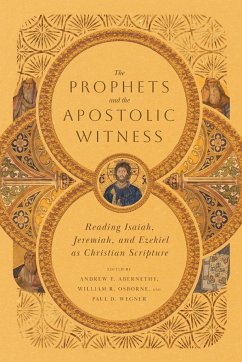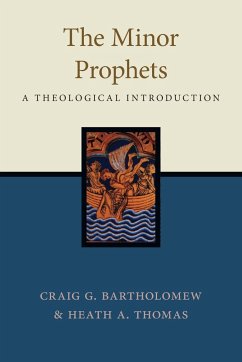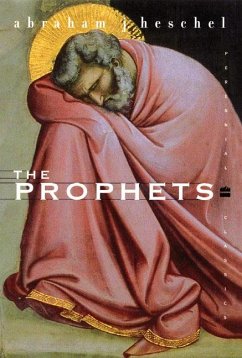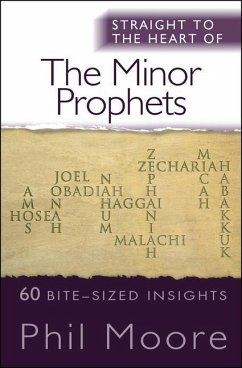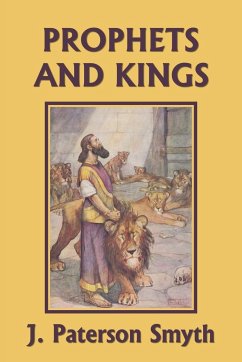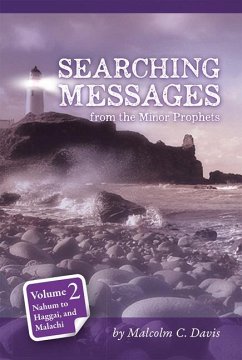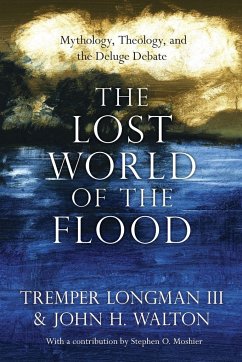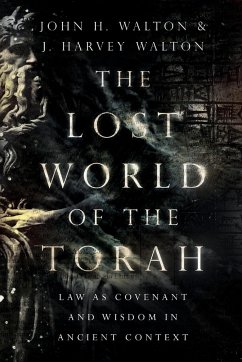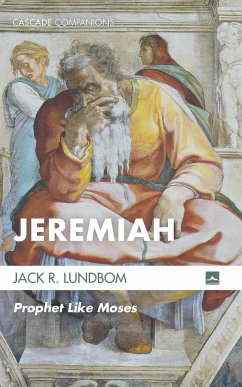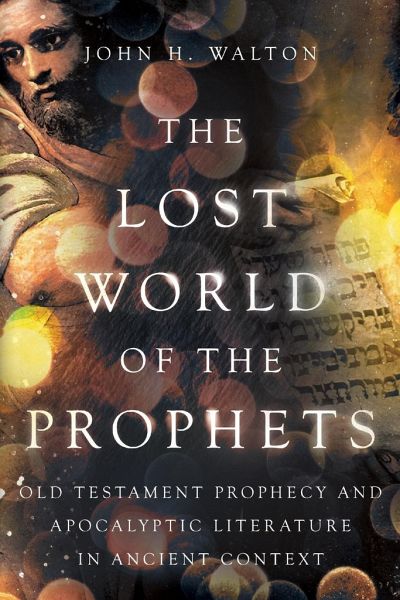
The Lost World of the Prophets
Old Testament Prophecy and Apocalyptic Literature in Ancient Context

PAYBACK Punkte
11 °P sammeln!
Are the prophets speaking about their own times, about our present, or about some still-unrealized future? Applying his signature method, John Walton provides a clear, helpful guide to the nature of biblical prophecy and apocalyptic literature that will help us avoid potential misuse and reclaim the message of the prophets for our lives.





